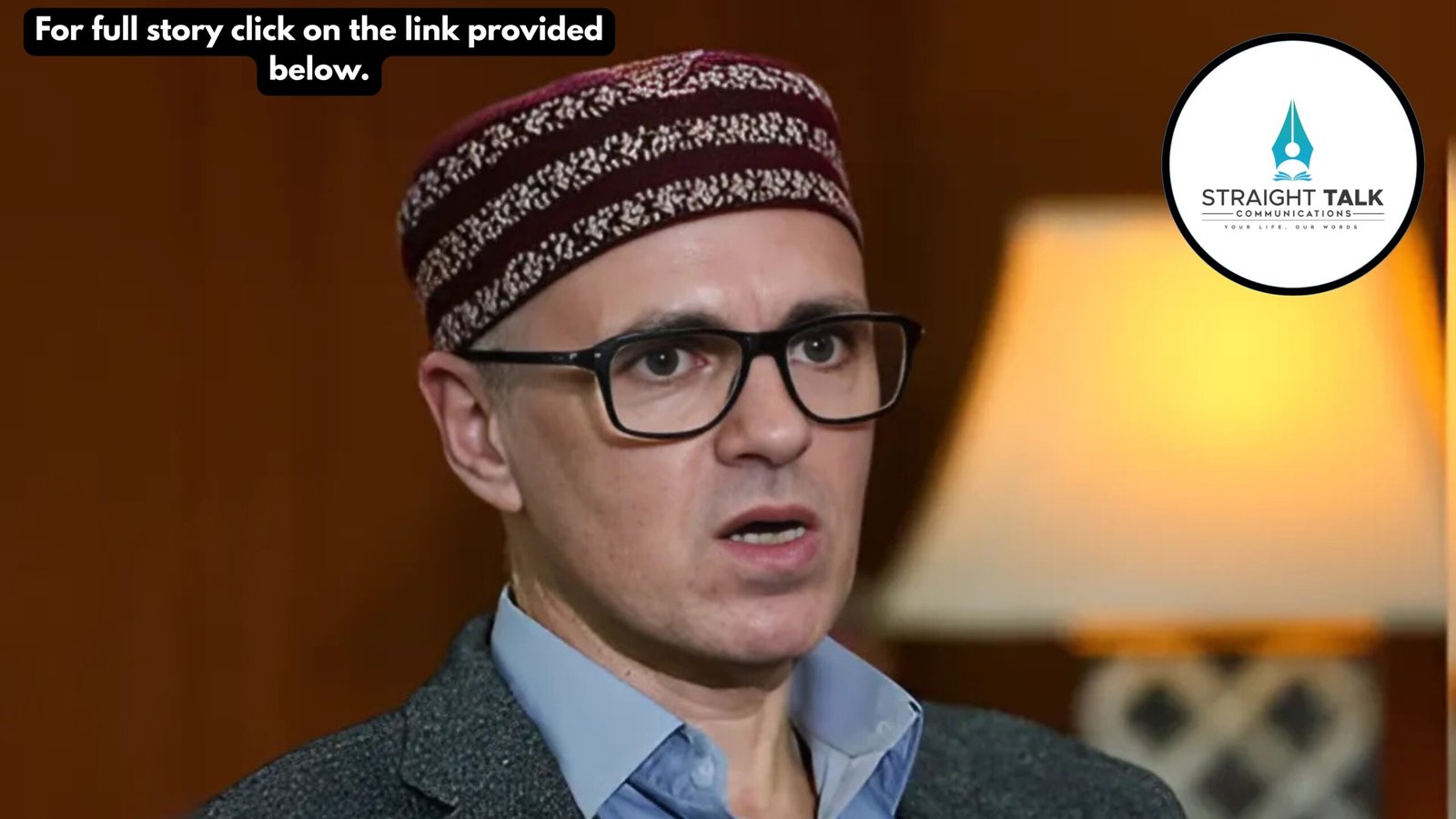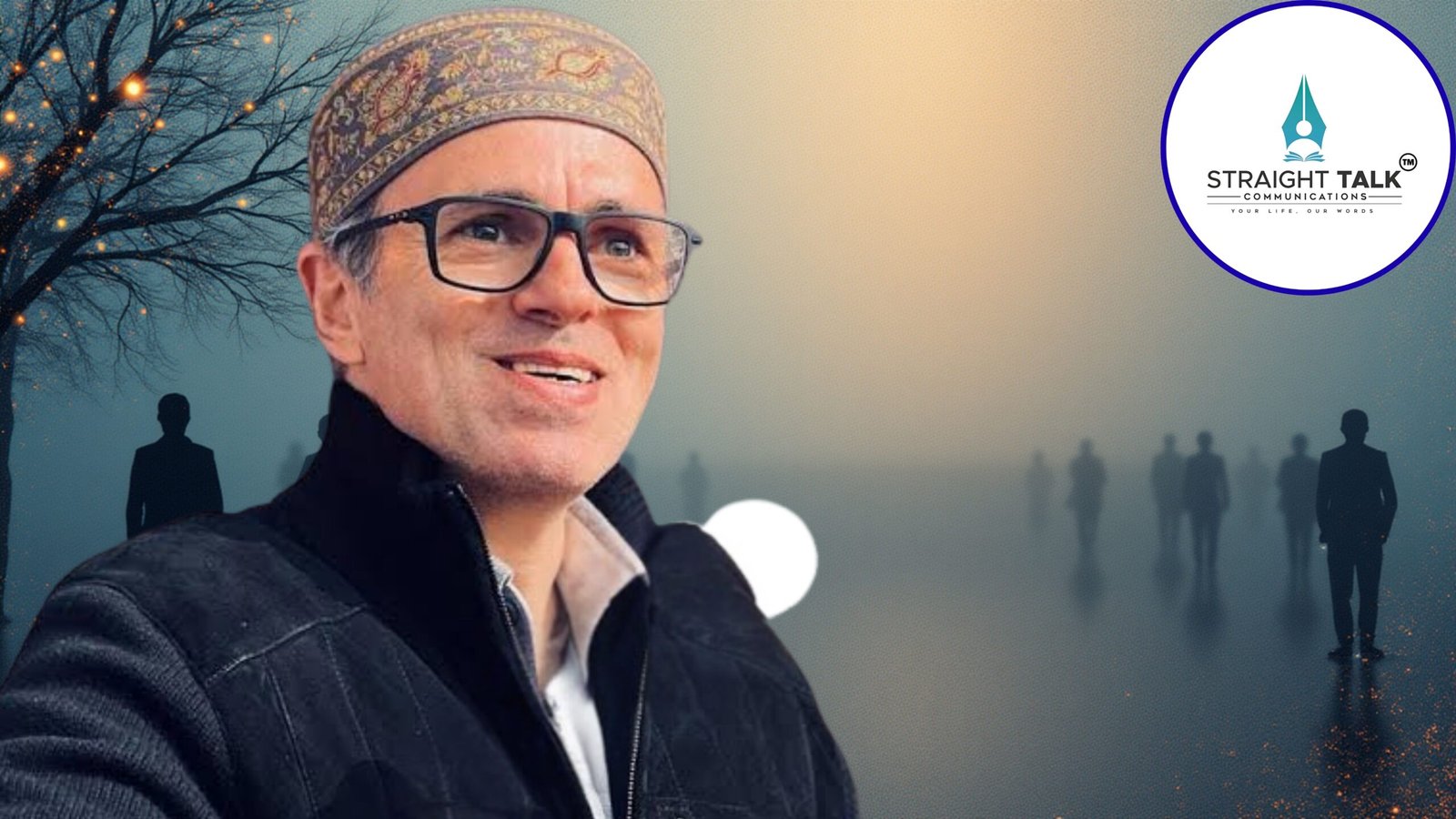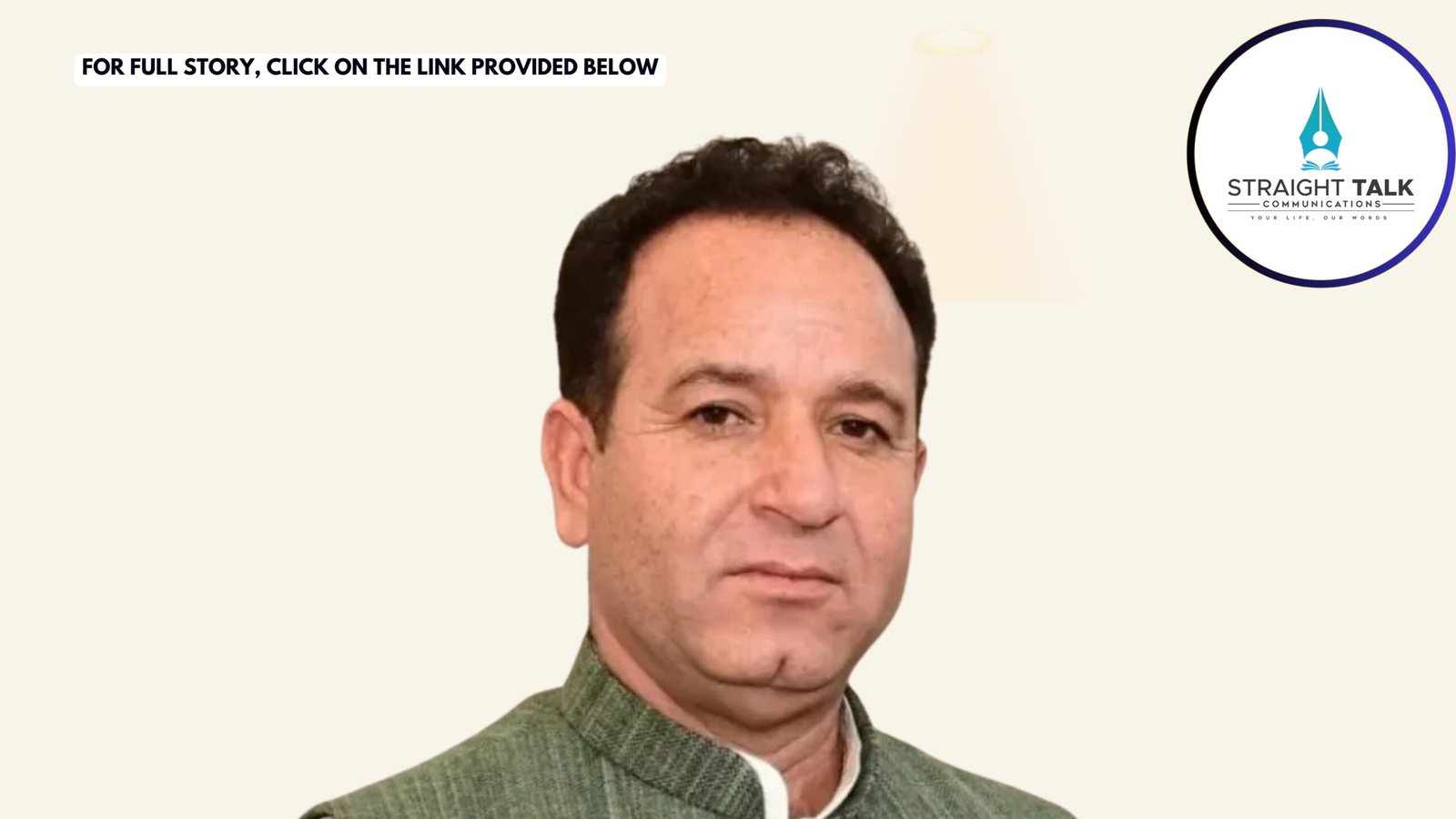CM Omar Abdullah wants to take advantage of IWT suspension; use J&K water for harnessing electricity & remove drinking water shortage

STC NEWS MONITORING DESK
SRINAGAR, AUGUST 01 (STC): Jammu and Kashmir Chief Minister Omar Abdullah has desired to take advantage of suspension of the Indus Water Treaty by making best use of the water flow to harness electricity and remove drinking water shortage in Kashmir.
He expressed this while talking to media in Ahmedabad during a two-day visit to Gujarat aimed at reviving tourism in Jammu and Kashmir.
He travelled to the Narmada district to visit the Statue of Unity and paid floral tributes to Sardar Vallabhbhai Patel. Speaking at the Sardar Sarovar Dam, the CM praised the transformative impact of the irrigation project and lamented Kashmir’s inability to conceive similar ventures.
“You can imagine what this dam has done — bringing water to Kutch and previously drought-hit regions. It has transformed barren lands into fertile farms,” he said.
He further stated: “It is our misfortune that we can’t plan such projects in Kashmir because we’re not allowed to stop the flow of water. Now that the Indus Water Treaty has been suspended, maybe it’s time Kashmir also sees such a project in its fate — one that addresses our electricity and drinking water shortages.”
He also reiterated the demand for restoration of statehood to the Union Territory, stating that the elected government in J&K must be given full responsibilities — including control over security — to effectively serve its people.
“This status of Union Territory should not have been given to us. In this country, we are those unfortunate people whose statehood was removed and we were made a UT. Others were upgraded from UTs to states. We are emphasising that the promise of reinstating J&K’s statehood must be fulfilled,” CM Omar said.
He also talked about the importance of restoring security responsibilities to the J&K administration. “All the responsibilities should be ours. I’ve always maintained that the control of security should be handed over to us… And we are not ‘nalayak log’ (incompetent people). Just look at the six years I served as Chief Minister — militancy declined, casualties decreased. We improved things. Give us another chance, and we’ll do even better.”
Talking about the state of tourism in the Kashmir valley post the Pahalgam attack. He acknowledged that the incident had adversely impacted tourism, but said things were gradually improving.
“The Pahalgam attack did have an impact — nobody can deny that. It happened just as the peak season was beginning, and the state got empty overnight. Before the attack, Srinagar witnessed 50–55 flights daily; after it, arrivals dropped to 15–16. Now, it’s back to 30–35. We hope it picks up further after the Amarnath Yatra,” Abdullah noted.
Addressing security concerns linked to recent encounters with militants, Abdullah said these incidents took place in remote mountainous areas, far from tourist zones.
“These terrorists weren’t killed in Srinagar, Pahalgam, Sonamarg or Gulmarg. They were eliminated high up in the mountains, in jungles. So their presence has no bearing on the safety of our tourist areas,” he explained.
(Inputs from Agencies)







